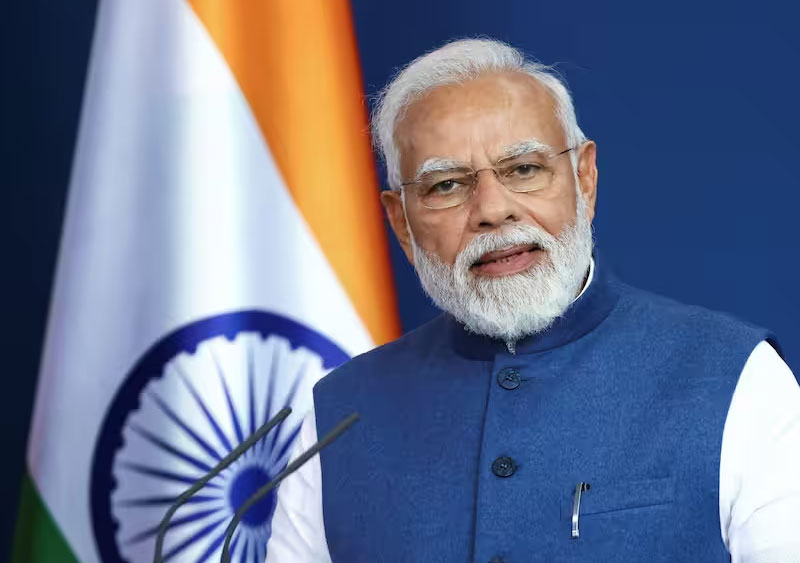Indian Prime Minister Narendra Modi on Sunday hit out at the Main Opposition Congress over its decision to hand over the strategic Katchatheevu island to Sri Lanka in the 1970s, accusing the party of “weakening” the country’s integrity and interests.
PM Modi’s response came after a Right To Information (RTI) report revealed how the Congress government led by then Prime Minister Indira Gandhi handed over Katchatheevu island to Sri Lanka in 1974.
Calling the RTI report “eye-opening and startling”, PM Modi said the move “angered” the people and that the “Congress can never be trusted”.
“Eye-opening and startling! New facts reveal how Congress callously gave away Katchatheevu. This has angered every Indian and reaffirmed in people’s minds – we can’t ever trust Congress! Weakening India’s unity, integrity and interests has been Congress’ way of working for 75 years and counting,” PM Modi wrote on X, while citing a media report.
Katchatheevu island is where Tamil Nadu’s fishermen in districts like Rameshwaram go since Indian waters are depleted of fish. The fishermen cross the International Maritime Border Line (IMBL) to reach the island but get detained by the Sri Lankan Navy.
WHAT DOES THE RTI ON KATCHATHEEVU ISSUE SAYS
The report is based on an RTI reply Tamil Nadu BJP president K Annamalai received on the decision of the then Indira Gandhi government in 1974 to hand over the territory in Palk Strait to the neighbouring country.
In June 1974, the decision to hand over Katchatheevu was conveyed to then Tamil Nadu Chief Minister M Karunanidhi by then foreign secretary Kewal Singh.
Singh had mentioned the zamindari rights of the Raja of Ramnad (Ramanathapuram) and the failure of Sri Lanka to show evidence to prove its claim of holding Katchatheevu.
However, the foreign secretary also said that Sri Lanka had a “very determined position” on Katchatheevu and cited “records” showing the key island to be a part of the kingdom of Jaffnapatnam, Dutch and British maps, The Times of India reported.
He added that Sri Lanka, which was earlier called Ceylon during that pre-independence period, had been staking its sovereignty over Katchatheevu since 1925 without protests from India. He cited a second opinion of 1970 by attorney MC Setalvad, who had said that Katchatheevu “was and is with Sri Lanka and not India”.
The zamindari rights for maintaining Katchatheevu and its fisheries was given to the Raja of Ramnad by the British East India Company. This continued from 1875 to 1948 and was vested in the State of Madras following the abolition of zamindari rights. However, the Raja of Ramnad continued to exercise his zamindari rights independently, without having to pay taxes to Sri Lanka.
On the other hand, India’s first Prime Minister, Jawaharlal Nehru, on May 10, 1961, dismissed the island issue as “inconsequential”. This came against the backdrop of the Indian Navy not being allowed to conduct exercises on Katchatheevu without the Ceylon Air Force’s permission.
Ministry of External Affairs (MEA) joint secretary (law and treaties) K Krishna Rao contended that India had a good legal case and that could be leveraged for securing fishing rights on the island, according to the RTI.
The handover of Katchatheevu has been a significant topic during Tamil Nadu’s Lok Sabha campaigns due to sovereignty concerns and geopolitical implications.
The decision has also impacted fishermen from both countries who rely on the waters around Katchatheevu for their livelihoods. In the past several years, Indian fishermen, mostly from Tamil Nadu, have often been detained by the Sri Lankan Navy. (India Today)

Leave your comments
Login to post a comment
Post comment as a guest